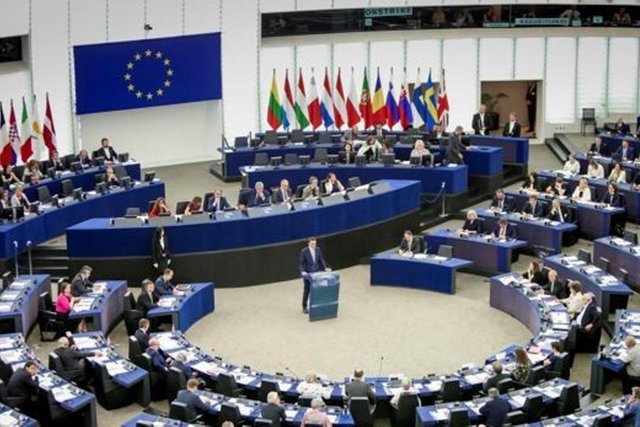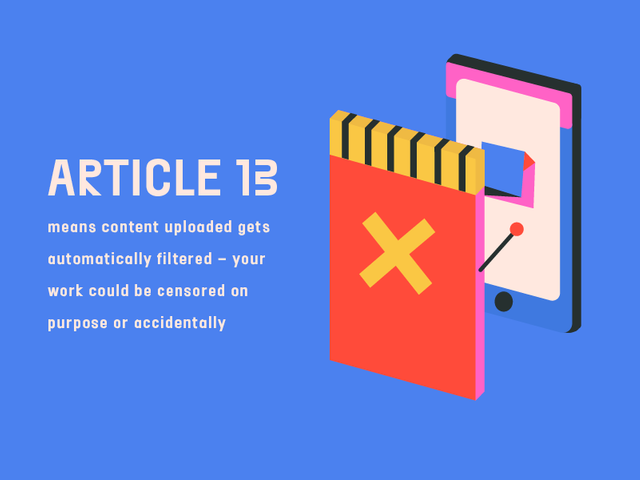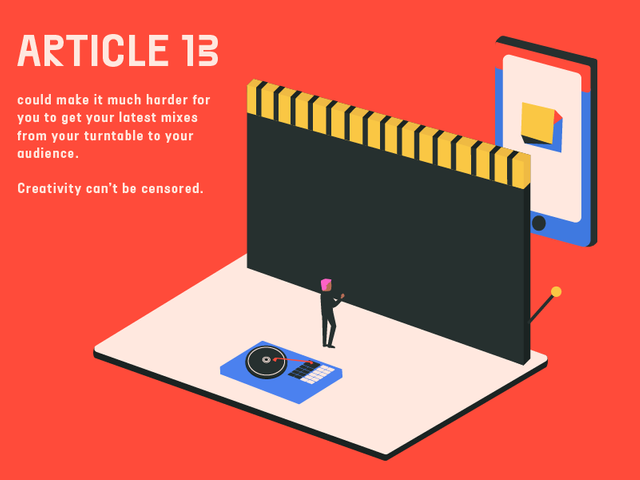The European Parliament approves the new Copyright Law
As had been speculating and as we could fear, the European Union has approved the amendment of the Copyright Law in the vote that took place this afternoon in Parliament, including the controversial articles 11 and 13. 438 votes in favor, 226 in against. However, this does not mean that you have reached the end.
In January 2019 a second vote will take place and legislative adaptation by the 28 member countries of the Union will be necessary. In all this process it is possible that the European courts ended up challenging those two articles, widely protested.

The vote consolidates the set since 2016, when this reform began to be launched. In July it was already voted against its accelerated negotiation, giving way to the current scenario, of public debate and voting.
This approval supposes a terrible news for the plurality and the freedom in the network
The most controversial articles of the proposal were 11 and 13. The first prohibits the free link to other content or the use of extracts from them, as can aggregators or social networks. For this you will have to pay a tax.
The second requires that online platforms immediately detect and eliminate any copyright infringement through the use of filters during the upload process. Something that at a technical level is also to be seen.
This approval is a terrible news for plurality and freedom in the network.

- Endangered freedom of dissemination and access to information
This includes alternative content generated from copyrighted content, such as memes. If this article is not complied with, both the platform and the final user who published said content would be fined. Something that was not like that until now.
Mainly for these two articles it is considered that the approval of these articles threatens the freedom in the network, its openness and its plurality. Mozilla explained in a public statement that the negative effects of this reform would be enormous for independent creators, small online services (impossible to compete against the big ones), or for Internet users themselves, among other actors.
- A strong blow to freedom of expression on the Internet
Other illustrious of the web, like Vinton Cerf and Tim Berners-Lee, considered the parents of Internet and the World Wide Web respectively, also positioned themselves: they headed a long list of experts who sent a letter to Antonio Tajani, president of the European Parliament in which he talked about how Article 13 in particular supposed "an unprecedented step towards transforming the Internet from an open platform to share and innovate to a tool for automated surveillance and control of its users".
Article 13, in principle, will be exempt from compliance for the smaller websites and apps, although it has not been specified at the moment what parameters will be measured for the classification in "large" or "small" or more details about it. A debate similar to the one proposed by the Commission's latest proposal to remove extremist content from online platforms, without discriminating by size and forcing even the smallest to have permanent availability to eliminate these contents.

The vote has also led to the approval of regulations that "protect" the broadcasts of sporting events. This rule restricts even the publication in social networks of selfies in a sports stadium during the show, such as a football game or a Formula 1 race. Eliminate these contents.